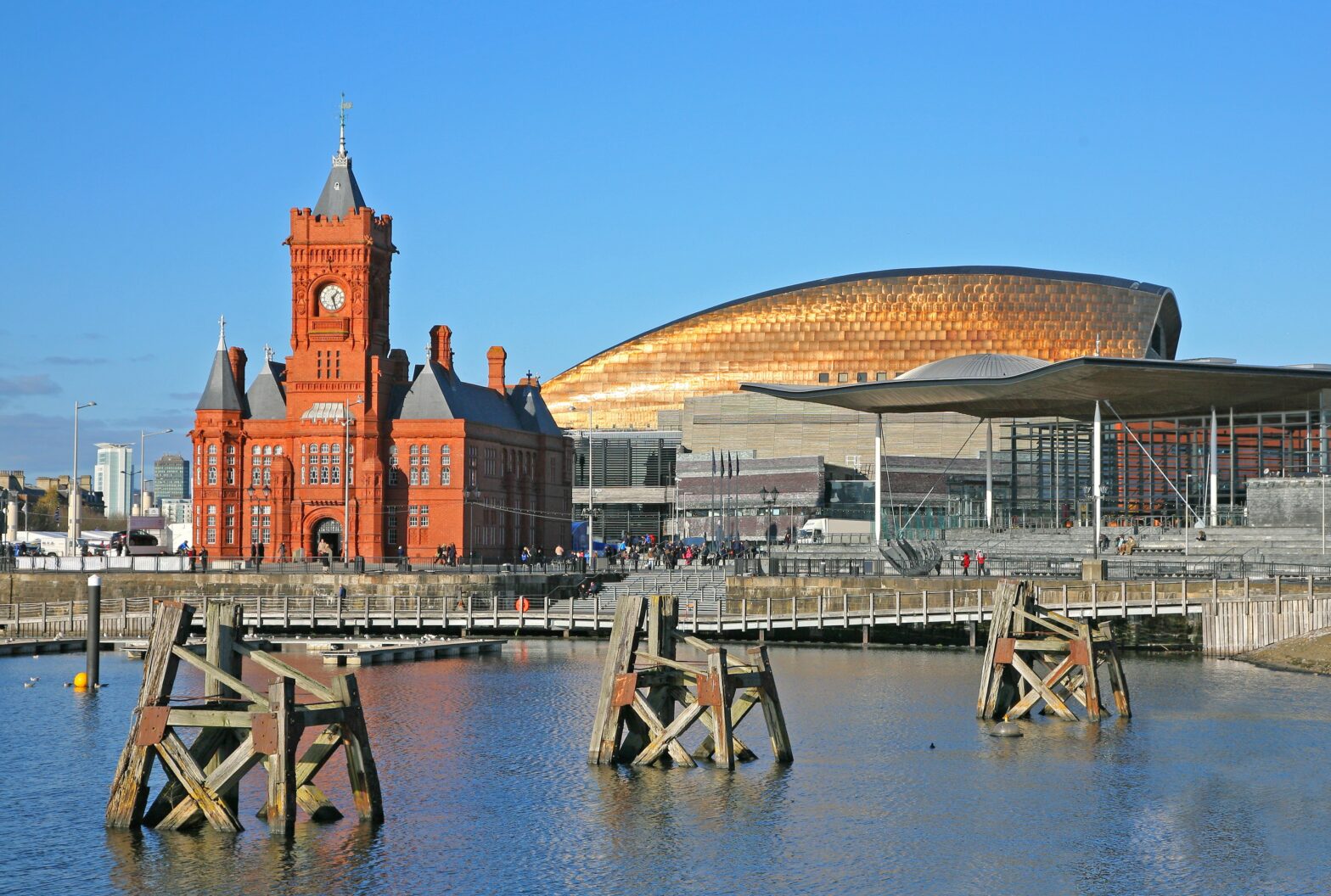UPDATED: Nearly 40 per cent of the £12.3bn given to local authorities to be handed out as small business grants has yet to be paid, says government
The 62 per cent paid represents £7.6bn of the £12.3bn – an increase from the 49 per cent of paid-out grants announced last week.
Sandwell Metropolitan Borough Council is one of the worst-performing councils, paying out just 24 per cent of its £73m allocation so far, as of Monday, April 27.
However, Sandwell Council said that over 2,100 small businesses have yet to respond to a council letter asking for key information so that grants they may be eligible for can be processed.
Council leader Councillor Yvonne Davies said: “Our staff are working flat out, including at weekends, to process grants for our businesses, but we can only process those claims we have received.
“As we did not hold bank account details for 96 per cent of the businesses, unfortunately we do have to go through a verification process which can inevitably cause some short delays.”
>See also: Find your small business coronavirus grant – list of English councils
Of the major cities, Birmingham City Council and Manchester City Council have been particularly slow in handing out much-needed grants and have distributed only 37 per cent each.
Birmingham City Council had £231.6m to allocated — so far it has given out £86.1 million.
“Sitting next door to Sandwell, it is clear small businesses in the West Midlands can feel particularly aggrieved,” said business rates experts Colliers International, which analysed government Small Business Grants Fund data.
Manchester City Council had half the amount of cash to distribute as Birmingham – £121m – but so far has only released £45.3m.
Firms in the City of London and Westminster are set to receive the smallest amount of grant money compared with small businesses in Cornwall, which will get the highest.
John Webber, head of business rates at Colliers International, said: “The implication here is that there are more businesses eligible for grants in Cornwall than there are in the City of London and Westminster combined. If there was ever evidence that more small businesses and retailers in London are falling between the cracks in the process of grant allocations – this is it.
“Many have been cut out of consideration because the criteria for grants is based on business rates and given the high rents [and thus high rates] in London, many businesses in London do not qualify for relief at all, whereas they probably would do if they were based in other part of the country.”
10,000 SMEs missing out
Colliers estimate that there could be 10,000 small businesses in serviced offices ineligible for a coronavirus grant because they do not pay business rates directly. The business rates experts estimate this represents about 5 per cent of the small business market.
Webber said: “In addition to this there are small businesses in serviced offices who have been missed out of the grant allocation, purely because of the way they pay their business rates.”
Local authorities have been handing out two types of grants: a £10,000 grant for all businesses in receipt of small business rates relief or rural rates relief; a £25,000 grant if your small business is in retail, leisure or hospitality and your rateable value is anything between £15,000 and £51,000.
Further reading
Commercial landlords banned from using aggressive rent collection tactics






